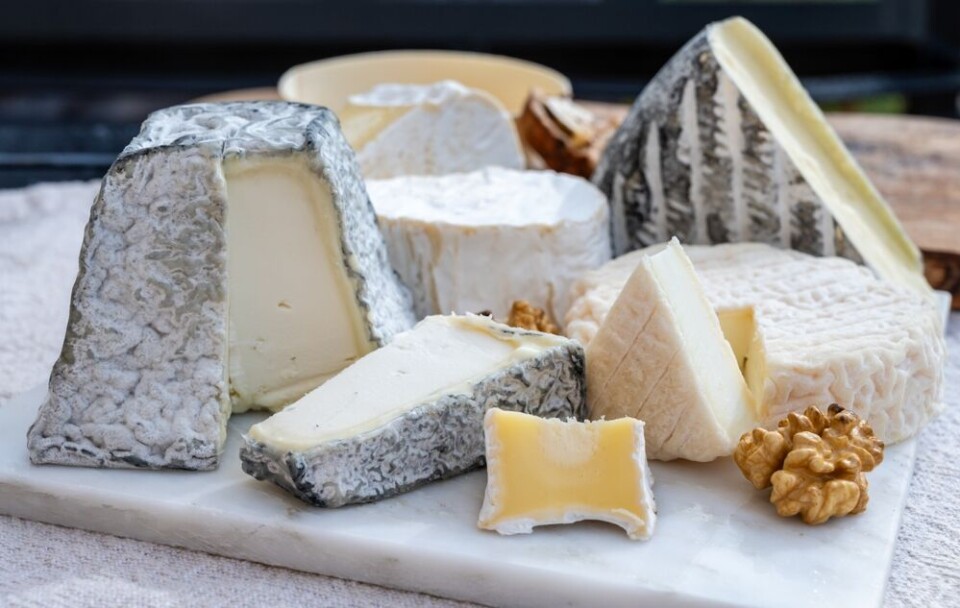-
Police across France hunt abandoned cars to free up spaces in urban areas
Vehicles cannot be parked on a public road in the same place for more than seven days
-
Senators examine proposal to guarantee access to cash machines in rural areas of France
Some 18.6% of French communes had access to at least one local ATM in 2024
-
French weekly weather forecast February 9-13: Unsettled with winds of up to 100km/h
Flood risk may increase in several regions and mountain conditions set to worsen
Why these French cheeses are not recommended to young children
Two young children were hospitalised with severe food poisoning in December

Small children should not consume raw milk cheese, says the Ministry of Agriculture, reiterating its safety guidance after two girls were hospitalised with food poisoning from Morbier, a type of raw milk cheese from Jura (Bourgogne-Franche-Comté).
In separate incidents, the girls - one aged seven, and another aged 18 months - were hospitalised in the Lyon region (Auvergne-Rhône-Alpes), both with E.coli poisoning, after eating Morbier.
The Ministry added that this advice also applies to pregnant women, and people with weakened immune systems.
This World Health Organization (WHO) offers similar advice.
The reason for the precaution is because these cheeses are usually made with raw, unpasteurised milk. This can present a risk of food poisoning from the bacteria E.coli (Escherichia coli).
The bacteria are naturally present in the human body, but some external sources, including raw meat and unpasteurised (raw) milk can cause food poisoning and severe complications for young children, including blood in the stool, fever, vomiting, and - in 5-7% of cases - serious kidney dysfunction.
Raw milk is neither pasteurised nor heated, which makes it more susceptible to bacteria contamination than pasteurised milk.
‘We thought we were going to lose her’
The seven-year-old almost died in early December, and was put in a 48-hour coma. She is still being monitored at a hospital in Rhône, and has not recovered the use of her kidneys. She still needs dialysis, and might even require a kidney transplant.
The child’s father told Le Parisien: “I thought we were going to lose her.”
The 18-month-old had to have kidney dialysis for three weeks, and was later placed in a coma for 25 days. She is now in a serious-but-stable condition in a unit in Miribel (Ain).
The Morbier cheese thought to have caused the poisoning was from a self-service aisle at two E.Leclerc hypermarkets in Rhône, one in Saint-Georges-de-Reneins, and another in Meyzieu.
Public protection agency la Direction départementale de la protection des populations (DDPP) investigated the cheesemaker, but has not announced evidence of any wrongdoing.
In December, several other batches of Morbier cheese sold under the brand ‘Monts et Terroirs’ were withdrawn from supermarket shelves across France.
A comprehensive list of all cheeses (including the different brands and packaging they are sold in) that vulnerable people, including small children should avoid is available on the official consumer recall website RappelConso.
Related articles
Nestlé agrees to compensate French victims of deadly pizza scandal
French legal investigation opened after two contaminated pizza deaths
Child in France dies of E.coli infection as outbreak monitored
























